Perfume Aging: How Time Affects Natural Fragrances
Explore how aging influences the scent profile of natural perfumes and get tips for proper storage
Time affects natural fragrances in several ways, including color and scent profile changes, shelf life, climate change, and storage. The chemical compositions of the fragrances interact with temperature, light, oxygen, humidity, etc., resulting in changes in shelf life, color, and scents accordingly.
While most fragrances fade over time, some enhance and strengthen with time. Want to know what they are? Continue exploring with us until the end. This article will discuss perfume aging, how time impacts natural fragrances, and some amazing tips for storing them properly. We’ll also unveil some secret fragrances that can last for centuries.
-
The Chemistry of Natural Perfumes
-
Essential Oils and Their Composition
-
Volatility and Evaporation Rates
-
-
How Aging Affects Natural Fragrances
-
Changes in Top Notes
-
Evolution of Middle Notes
-
Transformation of Base Notes
-
-
Factors Influencing Perfume Aging
-
Temperature
-
Light Exposure
-
Oxygen Contact
-
Skin Contact
-
Humidity
-
-
The Art of Proper Perfume Storage
-
Ideal Storage Conditions
-
Best Containers for Perfume Preservation
-
Tips for Long-term Storage
-
-
When Aging Enhances Fragrance
-
Perfumes That Improve with Time
-
The chemistry of natural perfumes
Essential oils and their compositions
The chemistry of natural perfumes involves complex chemical compositions featuring natural aromatic materials, particularly essential oils, isolates, and various exudates such as distillates, volatile concentrates, resins, and botanical extracts. Some quantity of pure essential oils are always used to compose natural perfumes.
Essential oils are complicated mixtures of plant-based volatile compounds, including terpenes, ketones, hydrocarbons, lactones, and phenolic ethers. The number of naturally occurring chemicals found in essential oils may range from 100 to 250, but in some cases, oils may have as many as 400 to 500 natural chemicals and more.
Essential oils possess many biological properties, including anti-inflammatory, antioxidant, antifungal, antiviral, and antibacterial activities. They are widely used in the health and cosmetic industries, especially in aromatherapy and perfumes.
Volatility and evaporation rates
Essential oils’ volatility and evaporation rates vary widely depending on factors such as composition, temperature, and alcohol content. Higher temperatures increase the volatility of essential oils, meaning the higher the temperatures, the faster the evaporation rate. Moreover, high alcohol content makes essential oils more volatile, resulting in faster evaporation.
How Aging Affects Natural Fragrances
Natural fragrances undergo different changes with aging, including color, scent, concentration, longevity, and, most importantly, their notes.
Changes in top notes
The top notes are the very first scent we initially smell when wearing the perfumes. Natural chemicals that make up the top notes are often the most volatile. Examples of top notes include floral, fruity, and citrus scents like bergamot, grapefruit, and lemon. When a natural fragrance ages, the top notes may change in two ways – some fade off and eventually evaporate and vanish, while some interestingly blend with heart and base notes, giving it a darkened and more in-depth scent profile.
Evolution of middle notes
Middle notes represent the main character of the scent, which is why it’s also called the heart notes. During aging, the heart notes may bloom and integrate seamlessly with the base notes, providing more depth to the fragrance.
Transformation of base notes
During aging, the base notes might become more prominent. Base notes consist of natural chemicals that are the least volatile and evaporate the slowest. Typical base notes include musk, amber, mossy woody, and gourmand. They represent the most concentrated forms of perfumes, adding the most depth and fullness to the scent profile that lasts the longest.
Factors influencing perfume aging
Temperature
Temperature changes have a direct impact on perfume aging. A rise in temperature increases the chemical reactions among the perfume’s ingredients, making them more volatile and resulting in faster aging.
Light exposure
Exposure to light also significantly impacts perfume aging. Both visible sunlight and UV light can break down fragrant molecules and their chemical bondings, altering the scent profile and making the perfume less powerful.
Oxygen contact
When perfumes come into contact with oxygen or other oxidizing substances, such as air, a chemical reaction called oxidation takes place. This reaction may alter the perfume’s composition, leading to faster aging, making it less powerful, and eventually spoiling the scent.
Skin contact
Perfumes tend to last longer on oily or well-hydrated skin. Aromatic materials are difficult to adhere to dry skin, so when handling perfumes for aging, make sure your hands are well-hydrated. If your skin type is dry, using an unscented lotion before handling your perfumes is a good idea.
Humidity
Humidity can impact perfume aging in several ways. It can increase the evaporation rate of perfume oils, alter the structure of perfume composition, promote mold or bacterial growth, and dilute the fragrant materials. In essence, high humidity makes perfumes less powerful and shorter-lasting.
The art of proper perfume storage
Ideal storage conditions
Natural perfumes are very sensitive to heat and light, which can change their composition and degrade the quality of the scents. Therefore, the ideal conditions for properly storing them are dark, cool, and dry places away from direct light, heat, and humidity.
Best containers for perfume preservation
Avoid storing your perfumes in plastic bottles because plastic particles might react to the chemicals of the perfumes, which can alter the scent compositions. In addition, plastic bottles are not completely airtight and might allow some air to seep in, increasing the chances of getting humidity and oxidation. For these reasons, glass or aluminum bottles are the best fit for protecting fragrances from light, heat, and air.
Tips for long-term storage
To store your perfumes for the long term, here are some easy tips you might love to follow:
- Store your perfumes in dry, dark, and cool places away from humidity, light, and heat.
- Keep them in closed containers to minimize air exposure after each use.
- Store them in aluminum or tinted and opaque glass bottles.
- Consider storing your perfumes in closed locations such as closets, dresser drawers, or closed cupboards.
- Consider keeping them in their original packaging.
- Avoid excessive shaking.
When aging enhances fragrance
Perfumes that improve with time
In general, most perfumes don’t improve with time. Due to oxidation over time, the concentrations change, and the initial scents lessen with age. However, they leave the base notes behind when the top and middle notes entirely evaporate. As a result, since the base notes are more stable and powerful, the remaining scents may appear more potent than ever.
However, only some pure attar oils like Sandalwood, Saffron, Oud, Amber, Musk, and Vetiver can remain stable for up to several decades or even a lifetime if stored properly and start to smell subtly richer over time. Alcohol-free, raw, natural concentrations may preserve the real fragrances even for centuries. This process is similar to how fine wines develop more complex textures and flavors over time. The complex scents of pure attar oils deepen from the passage of time and unfurl stronger scents, delivering more mesmerizing, luxurious experiences.
Here you can see our Pure Attars range

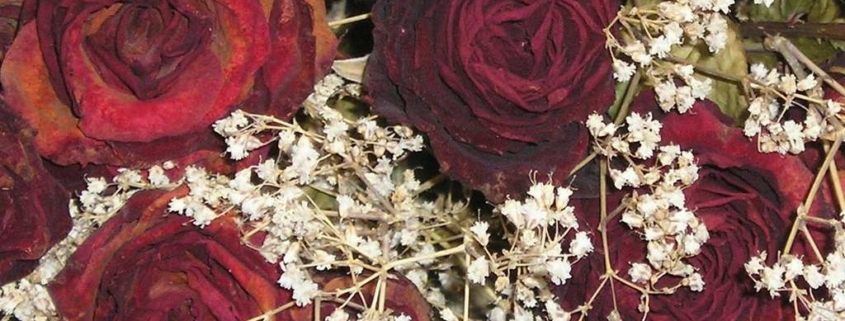
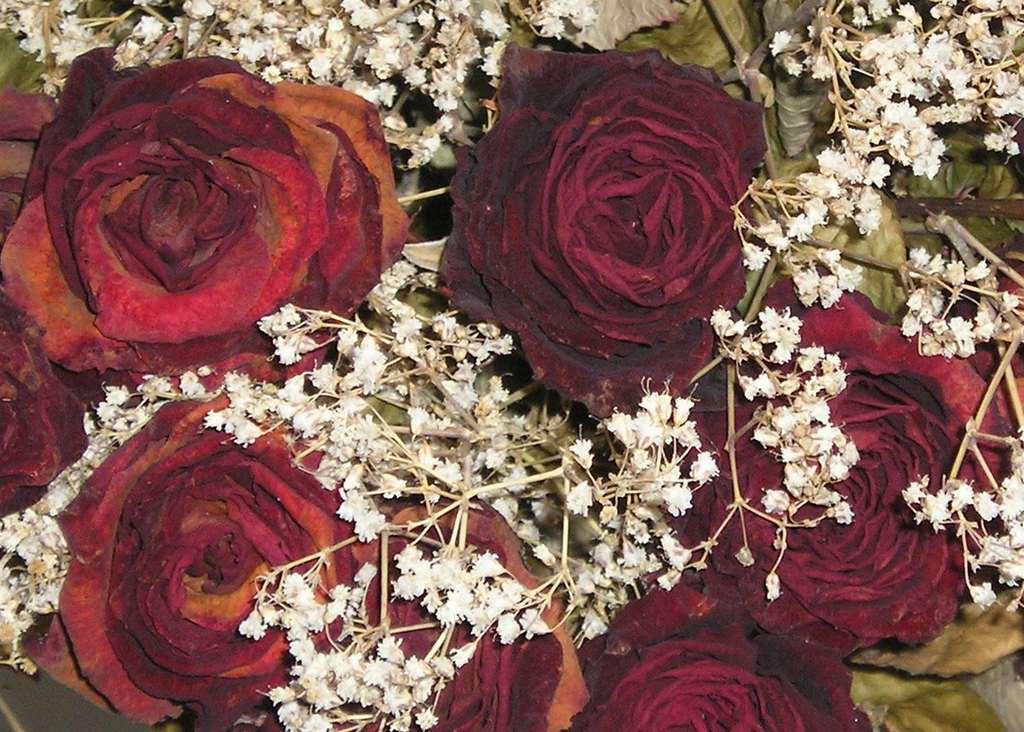

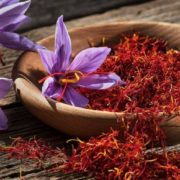



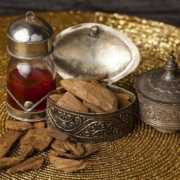
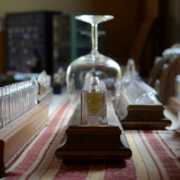















Leave a Reply
Want to join the discussion?Feel free to contribute!